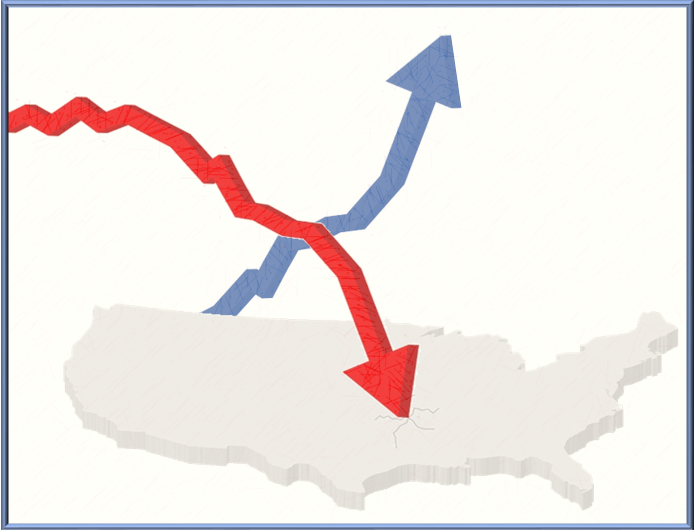U.S. Tops Leaderboard on Chamber of Commerce 2018 IP Index – Slips to #13 in Patent Protection
Feb 20th, 2018 by David Puleo | News | Recent News & Articles |
 The United States Chamber of Commerce (USCC) released the 6th Edition of the International IP Index on its Global Intellectual Property Center (GIPC) website last week. The Index highlights the importance of establishing a strong intellectual property infrastructure to catalyze economic growth, development, and innovation.
The United States Chamber of Commerce (USCC) released the 6th Edition of the International IP Index on its Global Intellectual Property Center (GIPC) website last week. The Index highlights the importance of establishing a strong intellectual property infrastructure to catalyze economic growth, development, and innovation.
The latest Index ranks 50 benchmarked economies based on 40 economic indicators in 8 categories. Of note, 2 new categories were added: ‘Commercialization of IP assets’ and ‘Systemic Efficiency’. The USCC commented that these new categories better reflect each country’s “domestic innovation and creativity”.
The United States was ranked #1 in overall score (37.98/40), followed closely by the U.K. (37.97/40). However, the U.S. has fallen to #13 in the ‘Patent’ category (previously #10 in 2017 and #1 in 2016). The Index cites that U.S. “innovators and creators face a challenging environment for protecting their IP under current U.S. law.” Furthermore, “U.S. patentability standards and patent opposition procedures continue to create uncertainty for rightsholders.” These challenges stem from continuing uncertainty in two areas: (i) subject matter eligibility under 35 U.S.C. §101, particularly the inconsistent interpretation and implementation of the Two-Part Mayo/Alice Test, and (ii) the inter partes review (IPR) process and the resultant increase in patent rejections. These challenges make it more difficult and costly for innovators to obtain patent protection.
If the U.S. is to regain its leadership in the ‘Patent’ category, legislative intervention from Congress, further clarity from the Courts, and support from the USPTO is needed to address these issues.
–David Puleo and Anthony D. Sabatelli, PhD, JD
This article is for informational purposes, is not intended to constitute legal advice, and may be considered advertising under applicable state laws. The opinions expressed in this article are those of the author only and are not necessarily shared by Dilworth IP, its other attorneys, agents, or staff, or its clients.

